Even before the COVID-19 public health crisis, worker justice organizations, worker centers, labor unions and others were sounding the alarm on the lack of worker support and vulnerability of low-wage workers — especially Black, Latinx and immigrant workers.
Whether employed as temporary, contracted, part-time, hourly or illegally classified, more often than not these workers find themselves in situations that do not offer the safety, health, stability, predictability, benefits and family-sustaining wages that many associate with having a job.
The pandemic has put a much brighter spotlight on the centrality of workers — not corporations — to the functioning of our economy. Yet the vast majority of workers have no say in decisions that their employers make in general, let alone choices relative to this public health emergency. As a result, retail workers, grocery workers, warehouse workers, gig workers, and others have been recast as “essential,” but who labor without the protections, benefits, and wages befitting such a title.
Even as new information is emerging, many W.K. Kellogg Foundation grantees are rapidly adapting to respond with worker support at the center of their efforts. Examples like these keep the focus on worker issues and point toward more equitable long-term solutions.
The Workers Lab is getting cash directly to gig workers, and advising other grantee partners in efforts to set up funds to support domestic workers, restaurant workers and other sub-minimum wage workers.
Partnership for Working Families and their affiliates have been mobilizing around eviction and utility shut-off moratoriums; paid sick leave laws; the release of people incarcerated for low-level offenses; and expanded healthcare.
- The LA Alliance for a New Economy (LAANE), with LA Voice and more than 200 labor and community partners, launched #HealthyLA campaign. The effort resulted in significant changes, including: 80 hours of paid sick leave during a public health crisis or disaster; a moratorium against evictions and foreclosures during the crisis; a rent freeze during the emergency, with allowances for a six-month repayment period; mandatory hand washing breaks; free COVID-19 testing for grocery and food delivery workers; banning utility shut-offs; and essential services to houseless neighbors.
- In Oakland, the East Bay Alliance for a Sustainable Economy (EBASE) joined with Gig Workers Rising to reaffirm the rights of all app-based workers, including gig workers, as employees with access to the City’s paid sick leave ordinance under state law.
As The Roosevelt Institute explains in this summary, organizations committed to equity need to balance the urgency of the moment with awareness that the public health crisis is driving an economic one that could deepen the inequalities communities of color and immigrants already face.
The Center for Popular Democracy (CPD) and their affiliates have been amplifying the voices of gig workers and others losing jobs or incomes, and of workers still laboring in conditions that expose them to additional safety concerns. CPD efforts underscore the importance of community-based organizations in ensuring that the directly impacted shape and inform policies and other responses.
United for Respect (UFR) is lifting up the voice of retail and service workers, who are now identified as essential to the economy, but laboring without job security, guarantee of safety or compensation befitting such a title. UFR is activating its Community Resource Network, and retooling its WorkIt App to help workers gain access to national and local resources and information; file for unemployment; and access accurate information re: paid leave and other relevant benefits.
The Economic Policy Institute has been putting out reports, fact sheets and data visualization resources to quantify the impact that COVID-19 has had and will have on our workforce.
Harvard’s Labor and Worklife Program partnered with the People’s Parity Project to survey how responsive states are being with their unemployment systems and processes.
Pre-pandemic, researchers at Harvard’s Labor and Worklife program had also established Clean Slate for Worker Power, recommendations from 70+ activists, advocates, academics, union leaders, lawyers, economists and others on how to modernize labor law and recognize the importance of workers to their families and communities, and to our economy.

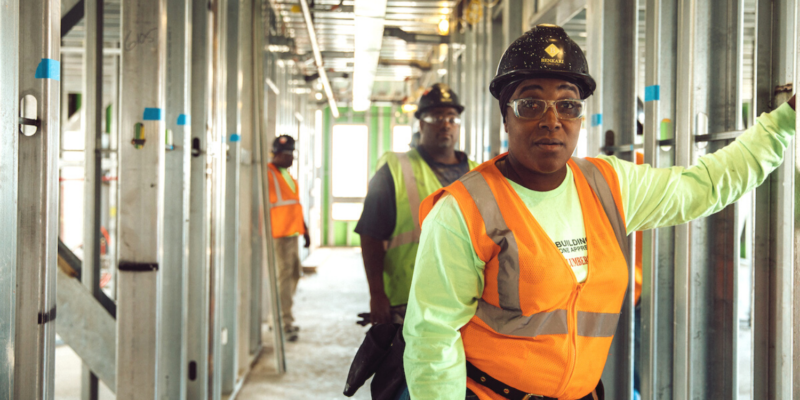

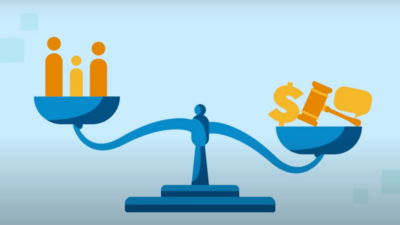
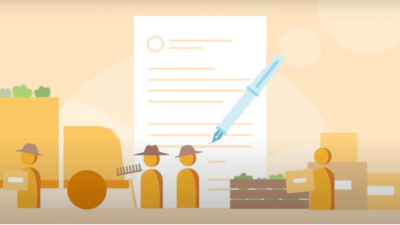
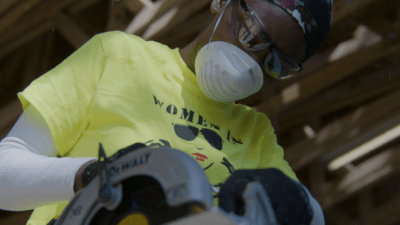
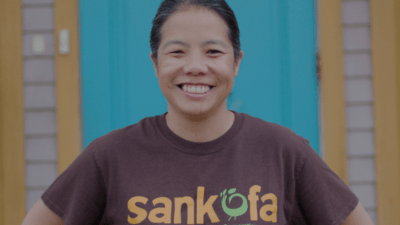

Comments